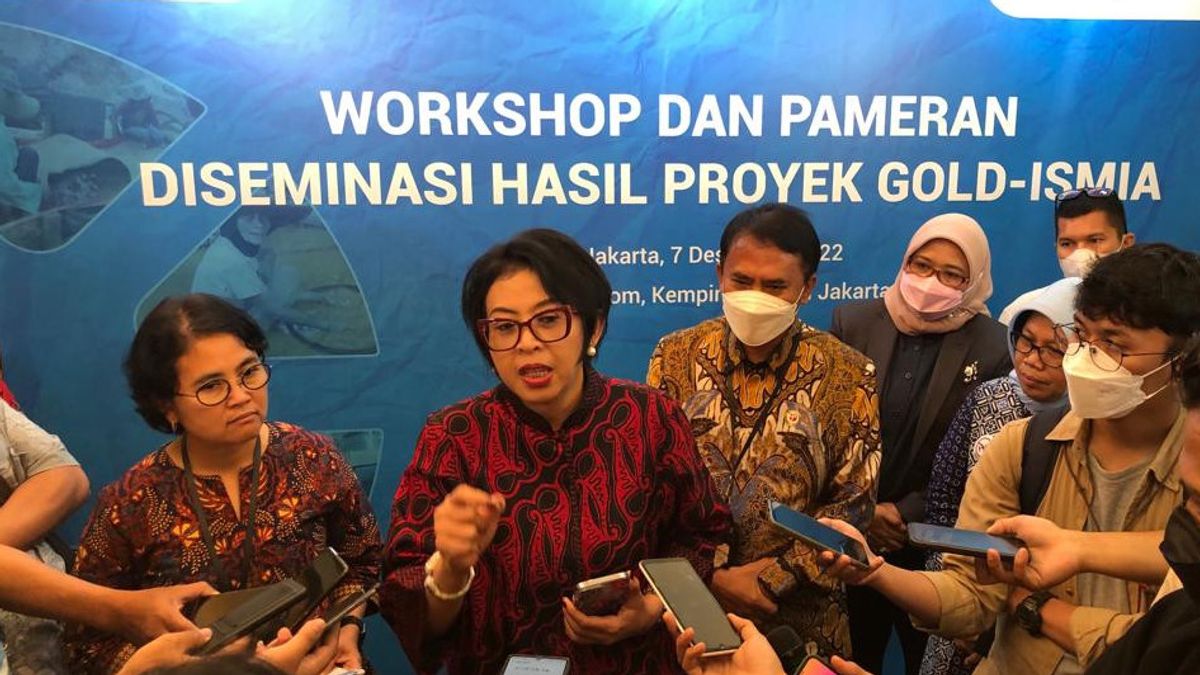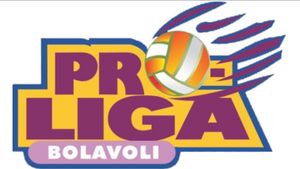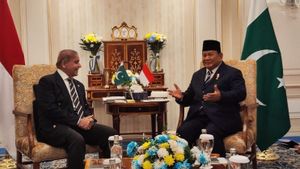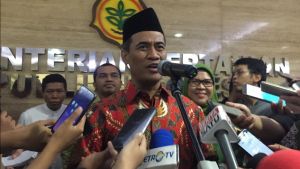JAKARTA - The Ministry of Environment and Forestry (KLHK) together with the Research and Innovation Agency (BRIN) supported by the United Nations Development Programs (UNDP) and funded by the Global Environment Facility held a workshop and exhibition resulting from the GOLD-ISMIA Project for 5 years which has been implemented for 4.5 years in 6 locations, on Wednesday, December 7, 2022, at the Kempinski Hotel Jakarta.
According to the Director General of Waste Management, Waste and B3, Ministry of Environment and Forestry (KLHK) Rosa Vivien Ratnawati, this activity was carried out to disseminate information related to these various products and officially submit the results of the project to beneficiaries.
The Global Opportunitys for Long-Term Development of Artistal Small-Scale Gold Mining sector Integrated Sound Management of Mercury in Indonesias Artistal and Small-scale Gold Mining (GOLD-ISMIA) GOLD-ISMIA is a form of support for the implementation of the Minamata Convention on Mercury in Indonesia in achieving the target of the National Action Plan for Reduction and Elimination of Mercury (RAN-PPM), namely the Small-Scale Gold Mining sector which is mercury-free by 2025.
The project aims to reduce the use of mercury at least 15 tonnes of mercury on six Small-Scale Gold Mining (PESK) sites in Indonesia by providing funding assistance and capacity building through providing technical assistance, technology transfer, establishment of partnerships between private-public and access to funding for purchasing gold processing equipment without mercury for miners' community. In addition, to reduce/eliminate mercury's release by at least 15 metric tons from the Indonesian PESK sector.
"PESK is the biggest cause of the release of mercury into nature. Mercury can flow long distances, contribute to global mercury pollution and pollute the world's ecosystem and fisheries. mercury exposure can cause serious health problems, and is a special threat to the development of children in the womb and early in life. The gradual elimination of mercury from the PESK sector is the most important thing," he explained, in Jakarta, Wednesday, December 7.
Therefore, he continued, this project aims to reduce and eliminate the use of mercury in PESK by strengthening regulations, providing access to financing for purchasing gold processing equipment without mercury, providing technical assistance, technology transfer, increasing awareness of the dangers of mercury and providing balanced access for women and men miners.
"Meanwhile, the PESK sector is a very important source of work and livelihood, starting around 17-20 percent of the world's annual gold production with 15 million people participating directly in PESK activities and another 100 million depending on the PESK for their livelihoods," he explained.
The goal of the GOLD-ISMIA project is to increase the access of mining communities to financing to enable the procurement of mercury-free processing technology, increase the capacity of miners for free PESK through the provision of technical assistance, technology transfer and support for formalization; and, increase awareness and disseminate the best practices and learning about the elimination of mercury in the PESK sector.
"According to project targets under component 4 to disseminate the best practices and learning about the deletion of mercury in the PESK sector, it is important for projects to disseminate project results, best practices, and learning to stakeholders from the center and regions. The national level after the implementation of the 5 year project in 6 locations," he explained.
The implementation of the GOLD-ISMIA Project has produced several products such as good Mining Practice Guidelines Documents for the Small-Scale Primary Gold Mining Sector, Gender Priority Guidelines Documents (PUG) for the PESK Sector, Training Modules and Medical Hazard Campaign Materials and Mobile Applications of Golden Fingers.
In addition, GOLD-ISMIA together with the National Standardization Agency have set the Indonesian National Standard (SNI) for the Processing of Gold Without Mercury, 9035: 2021. The hope is that these products can be used as a reference and useful for all stakeholders both for the government, small-scale mining communities and the general public, as well as used by the relevant ministries in terms of capacity building and mentoring to support the achievement of zero mercy in the PESK sector.
To note, the government is committed to making mercury part of history. In the future, the use of mercury compounds will be reduced, because it has proven to be detrimental to the environment, including endangering public health.
This commitment shows Indonesia's efforts to the international community in terms of saving the environment. No wonder, Indonesia was chosen to host the "The Fourth Meeting of the Conference of Parties (COP-4)" session of the Minamata Convention. Currently, the Ministry of Environment and Forestry has helped gold miners in nine locations in Indonesia, to no longer use mercury.
The English, Chinese, Japanese, Arabic, and French versions are automatically generated by the AI. So there may still be inaccuracies in translating, please always see Indonesian as our main language. (system supported by DigitalSiber.id)













